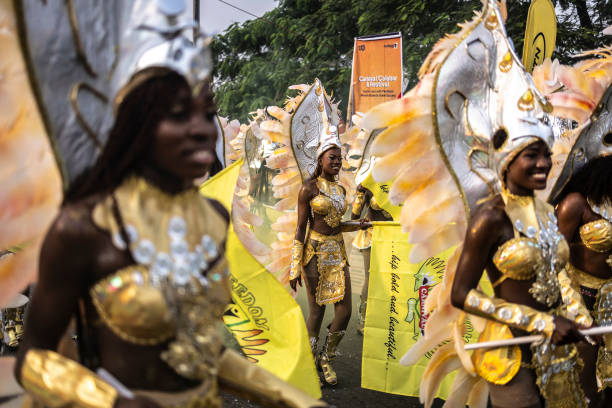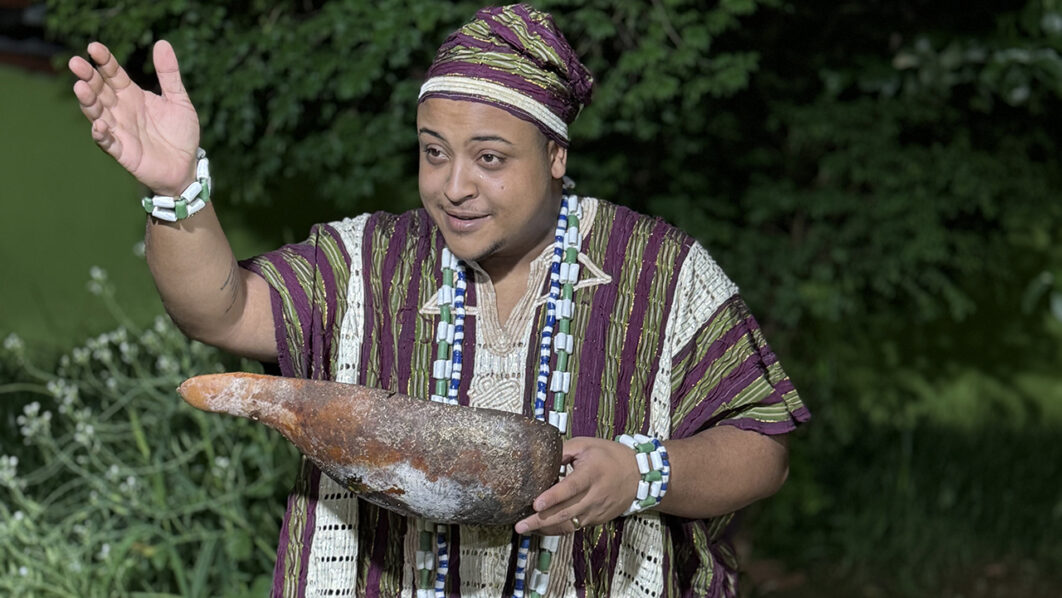
In a moment of profound cultural, spiritual, and social significance, Brazil has crowned its first Òlùwò Líṣà, His Royal Highness (HRH) Òlùwò Líṣà Adésọ̀ọ́lá Atinúkólá, also known in Brazil as Pai Olavo, a title of unparalleled prestige within the Yorubá tradition. This coronation reaffirms the enduring legacy of African spirituality while marking a bold step forward in the fight against systemic racism and the reclamation of cultural identity, bringing global recognition to the strength and unity of Afro-Brazilian communities.”
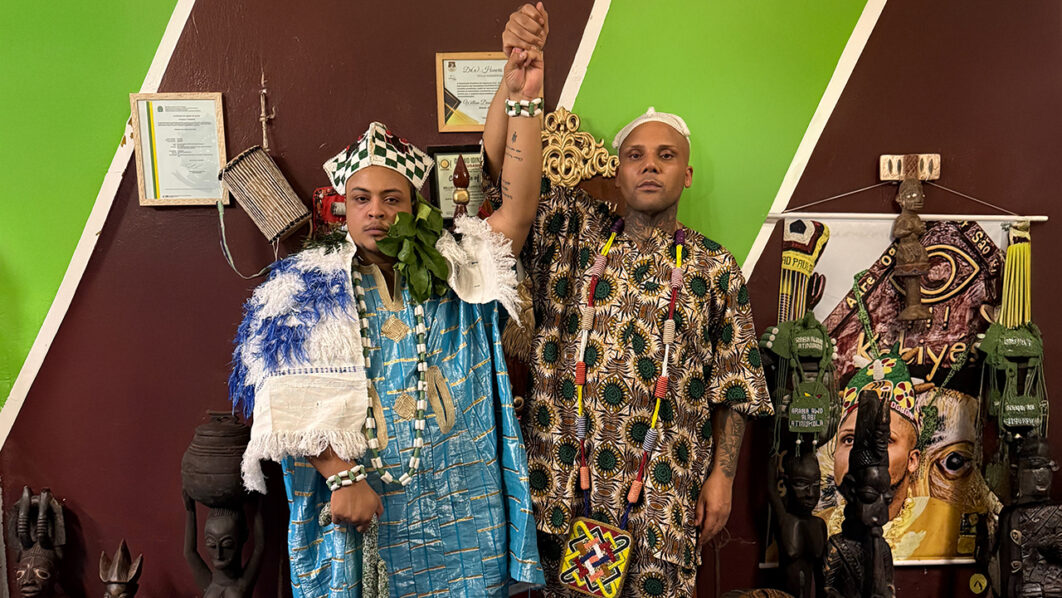
At the center of this historic event stands the illustrious Atinúkólá family, one of the most prominent Yorùbá families in Brazil. Leading this legacy is His Royal Highness (HRH) Arabá Òlùwò Alábì, the only Arabá in Brazil, a title that commands immense respect within the Yorùbá spiritual hierarchy. With over 30 years devoted to preserving and spreading Yorùbá traditions, HRH Arabá Òlùwò Alábì has been acclaimed as a king in Nigeria—an exceptional honor that highlights his authority and unwavering commitment. His leadership transcends borders, serving as a living bridge between African traditions and their diaspora in Brazil. The coronation of his son, HRH Òlùwò Líṣà Adésọ̀ọ́lá Atinúkólá, represents the continuation of this legacy, deepening the spiritual and cultural ties between Brazil and Africa.
The title of Òlùwò Líṣà extends far beyond spiritual leadership; it is a symbol of resilience, dignity, and ancestral responsibility. As HRH, the Òlùwò Líṣà joins the ancestral leadership, becoming part of an ancient system of custodians who safeguard rituals, teachings, and values passed down through generations. He carries the mission of preserving a culture that has endured centuries of erasure, ensuring its survival and rightful place in the present and future.
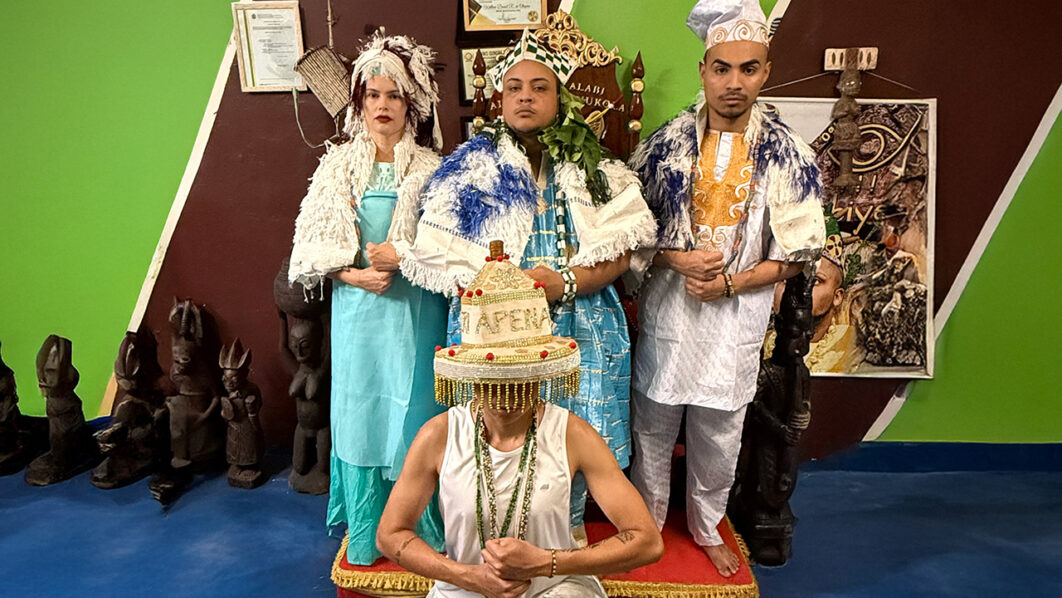
Reflecting on the significance of this moment, HRH Òlùwò Líṣà Adésọ̀ọ́lá Atinúkólá stated: “Brazil will finally come to know Africa. For those who cannot travel to the continent, we will bring the essence of Africa here, to Brazilian soil, honoring the traditions and ensuring everything is done the right way.”
This event transcends its spiritual meaning; it represents a milestone of resistance, directly confronting systemic racism and reaffirming the role of African traditions in Brazilian society. Religions such as Candomblé, Umbanda, and Quimbanda are living expressions of spirituality and culture that have survived centuries of persecution. The coronation of the first Òlùwò Líṣà reaffirms the central place of these traditions in Brazil and their significance on the global stage.
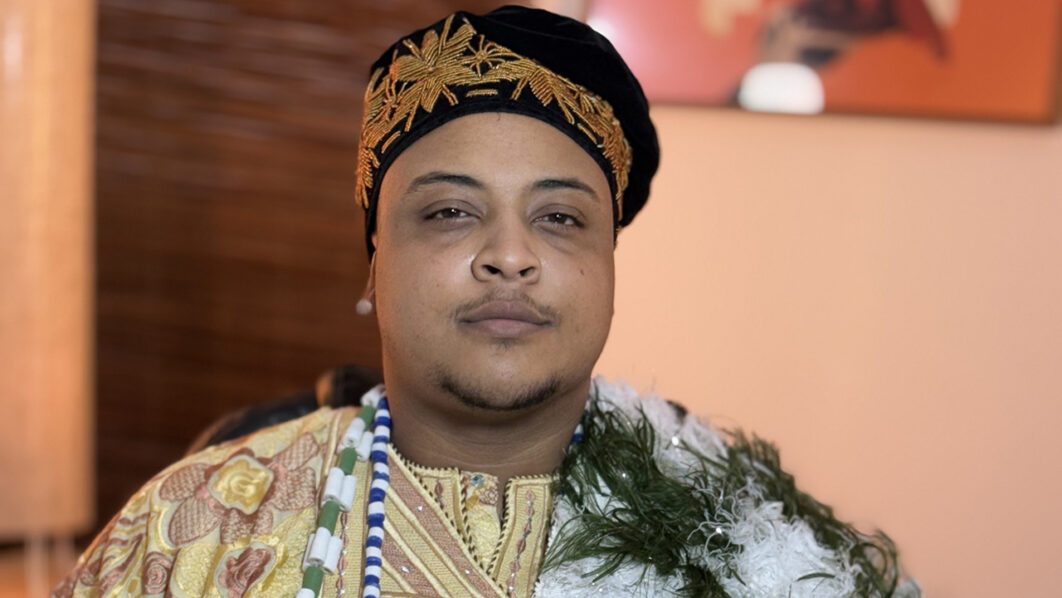
The coronation also resonates within traditional institutions such as the Ogboni society, which for centuries has preserved ancestral values and spiritual harmony within Yorùbá culture. The respect shown for this leadership reflects the sanctity and reverence that the title of Òlùwò Líṣà carries, both in Brazil and across Africa.
For HRH Arabá Òlùwò Alábì, this coronation is a collective victory. He emphasized: “This is a triumph for all—Candomblé, Umbanda, and every branch of our diaspora. It is the recognition of the strength and resilience we inherited from our ancestors, and it continues to guide us today.” His words resonate deeply among Afro-Brazilian communities, where the crowning of the Òlùwò Líṣà is embraced as a symbol of unity, pride, and perseverance.
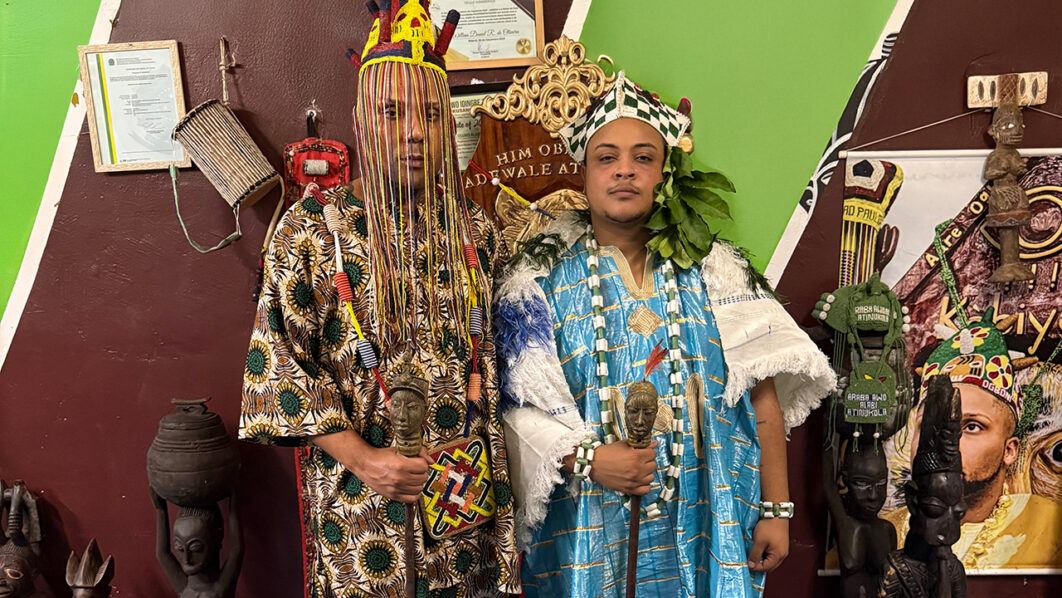
The impact of this event is already being felt beyond Brazilian borders, with African media and cultural leaders celebrating the occasion as a pivotal moment for the diaspora. The coronation of HRH Òlùwò Líṣà Adésọ̀ọ́lá Atinúkólá reinforces Brazil’s role as a vital link in the preservation and celebration of African traditions worldwide.



